College of Human Sciences
"Universities in SA should offer compulsory module in apartheid studies"
Speaking at a Department of Communication Sciences webinar entitled "How does oppression persist? An introduction to apartheid studies", Nyasha Mboti, founder of the new field of study, Apartheid Studies, and an Associate Professor at the University of the Free State, proposed that, ideally, every university in South Africa should offer a compulsory module in apartheid studies to students in all disciplines.
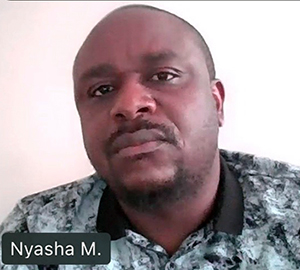
Prof Nyasha Mboti
He reasoned that this was the only way not to repeat the horrors of the past and to honour Nelson Mandela's call of "Never, never, and never again". Yet the formal and systematic study of apartheid is surprisingly absent in the South African curricula, a vacuum that Mboti's foundational work fills. "There is currently no degree programme or even an apology of a course or module, even at first-year level, called apartheid studies 101." He argued: "There is no single centre for apartheid studies, institute of apartheid studies or National Research Foundation (NRF) sponsored research chair in apartheid studies at any of the 25 South African universities."
According to Mboti, apartheid studies ought to be required reading in a country where we seek answers about the roots of persistent inequality, racism, injustice, poverty and oppression. "Whether they are doing engineering, accounting, economics, geography or whatever discipline, students can take an apartheid studies 101 module in the same way we have communication skills for everyone," he said.
Mboti has developed a general theory of how oppression persists. The theory utilises an interdisciplinary framework known as the apartheid studies framework, developed in the aftermath of the 2012 Lonmin Massacre in South Africa. In the framework, he defines apartheid as the rate of oppression. Through his framework, he argued that each oppressed person experiences oppression at different rates, asynchronously and in a differentiated way such that harm is not eliminated from society but merely demoted. He explained: "A careful analysis of how rates of oppression and demotion of harm operate are fundamental to understand why oppression persists and to develop interventions to undo it."
Mboti further argued: "A core epistemological issue remains that apartheid has not yet been defined from the point of view of the oppressed." He added: "The received definition which confines apartheid to events between 1948 and 1994 is elitist, incoherent and top down." Mboti maintained that this definition has an etymology and a genealogy that leads back to the formulations of the word apartheid by the Dutch Reformed Church and the Broederbond in the late 1920s, but elides how Africans experienced and lived with apartheid.
Mboti said: "Politicians like Helen Zille and lobby groups like AfriForum appear to think that there were some good things about colonialism and apartheid, or that apartheid does not rise to the category of a crime against humanity." He continued: "If apartheid only started in 1948 and ended in 1995, what about harms that took place in 1947 and 1995?" He asked, "What do we call the phenomenon described in Peter Abrahams' Mine boy, published in 1946, or the tragedy that overcame Michael Komape in 2014?" He added: "Whose experiences are constituted on those calendar dates?"
Mboti said: "Without apartheid studies in schools and universities, it may be that, in 30 or 40 years, our children and grandchildren will have trouble just talking about apartheid as fact." He added: "Doubt will be sown in their minds whether apartheid did exist. Key aspects of it will be questioned and denied, as is already happening."
Mboti explained that the theory of apartheid studies is not perfect and will not answer every question. Therefore, he extended an invitation to academics from different disciplines to test the viability of the framework. "If some parts do not work, they should be improved or discarded to strengthen the framework," he said. Mboti added: The definition of apartheid by those who carried a dompas has never been the subject of a systematic study. What is the African term for apartheid, for instance?" He concluded: "Through this process, Africans−the people who have experienced apartheid, will become experts who shape the vocabulary of the rate of oppression and of how oppression persists."
* Mboti's book, Apartheid studies: a manifesto, which introduces the new field of apartheid studies, will be launched in October 2022.
* By Tebogo Mahlaela, Communication and Marketing Specialist, College of Human Sciences
Publish date: 2022-07-29 00:00:00.0


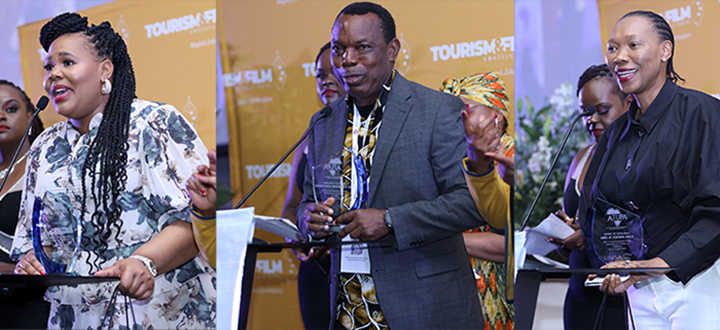 Unisa and ATUPA recognise researchers for ingenuity and innovation
Unisa and ATUPA recognise researchers for ingenuity and innovation
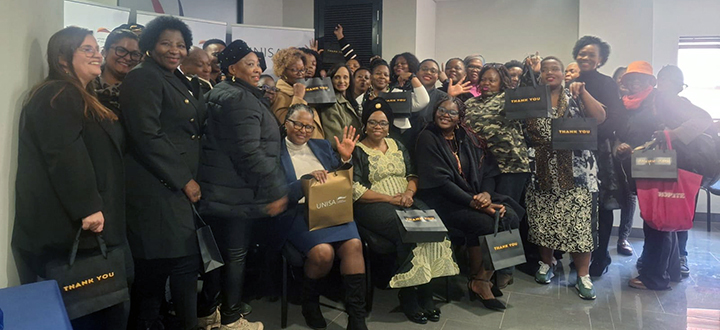 Recognising the unceasing resilience of women
Recognising the unceasing resilience of women
 Unisa and SHECASA promote institutional health and safety
Unisa and SHECASA promote institutional health and safety
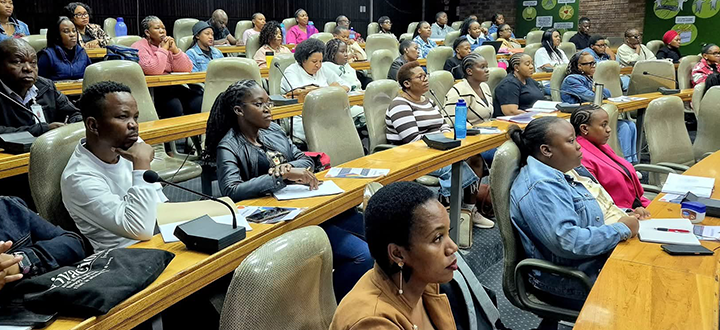 Effectual partnership to advance public health knowledge
Effectual partnership to advance public health knowledge
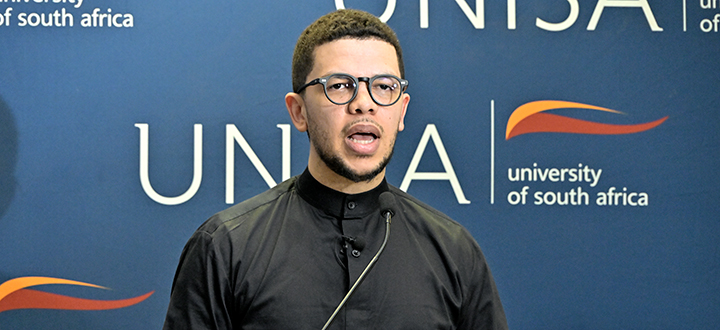 OR Tambo remembered as a radical democracy builder
OR Tambo remembered as a radical democracy builder